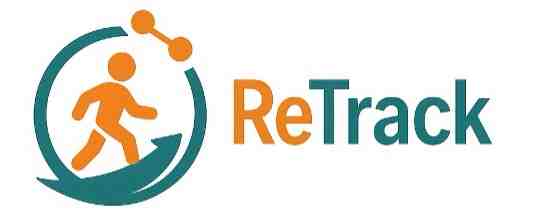ReTrack
ReTrack
Adolescent obesity is a growing health challenge across Europe. Institutions like Zeepreventorium have developed effective residential rehabilitation programmes that combine structured routines, multi-disciplinary expertise, and peer support. Many adolescents benefit greatly from this intensive approach, gaining healthier habits and renewed confidence.
Yet, a persistent challenge remains: when patients return to their home environment, relapse rates are high. The support structure fades, and the familiar triggers of daily life often undermine the progress made. To address this, the ReTrack project seeks to extend the care pathway into everyday life by developing a digital tool for blended rehabilitation, powered by artificial intelligence.

Main section
Quick facts
/
Zeepreventorium offers successful residential rehabilitation for adolescent obesity patients.
/
Relapse often occurs once patients return to their home environment.
/
ReTrack co-creates with caregivers and patients to design a blended rehabilitation track.
/
AI will analyse preconditions for success and personalise at-home coaching.
Blending residential care with digital home coaching
ReTrack starts from a simple but urgent question: how can we make the benefits of residential rehabilitation last beyond the walls of Zeepreventorium? The project is built on close collaboration with caregivers, patients, and families to co-create a solution that fits real-life needs.
The core of the initiative is a digital health tool that bridges the gap between intensive residential care and the more challenging home environment. Patients will be able to continue their rehabilitation journey with structured guidance, while caregivers can stay connected and provide remote support.
patients’ rehabilitation tracks, ReTrack aims to identify preconditions for success—factors that determine which habits stick and where risks of relapse appear. This allows for personalised coaching that adapts to each adolescent’s specific situation, offering tailored advice, reminders, and encouragement.
Artificial intelligence plays a central role. By analysing data from patients’ rehabilitation tracks, ReTrack aims to identify preconditions for success: factors that determine which habits stick and where risks of relapse appear. This allows for personalised coaching that adapts to each adolescent’s specific situation, offering tailored advice, reminders, and encouragement.
Bottom section
Outlook
ReTrack reflects a growing movement towards blended care in healthcare: combining the strength of in-person interventions with the flexibility of digital tools. For adolescent obesity, this means that the progress achieved in residential settings can be maintained and strengthened at home.
As the project develops, ReTrack will pilot the tool with adolescents and caregivers, gather feedback, and refine its approach. The long-term goal is to provide a scalable model that not only supports obesity rehabilitation but can also inspire blended care solutions in other areas of chronic health.
Contributors
Researchers
/
Pieter Verbeke, AI Researcher
Want to know more about our team?
Visit the team page
Last updated on: 9/19/2025
/
More stuff to read



